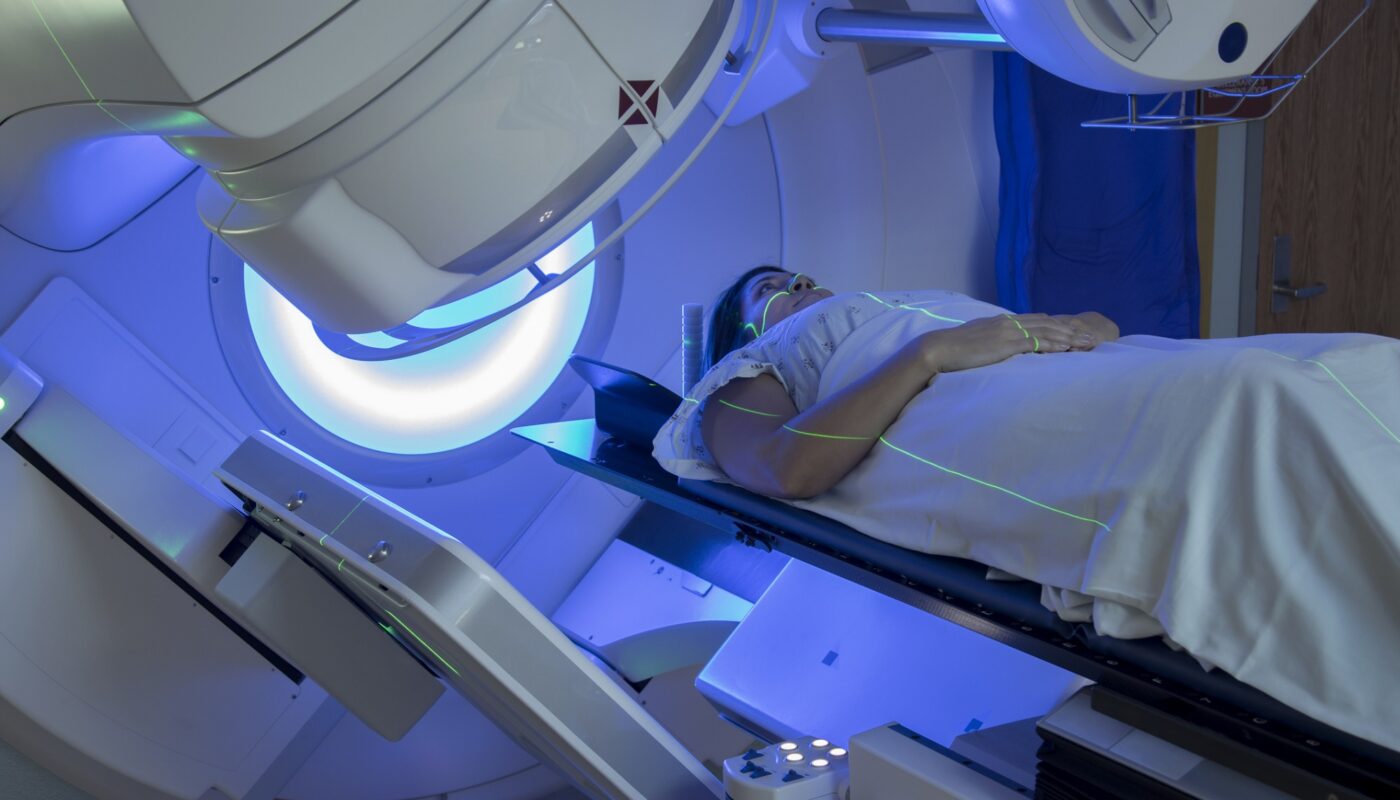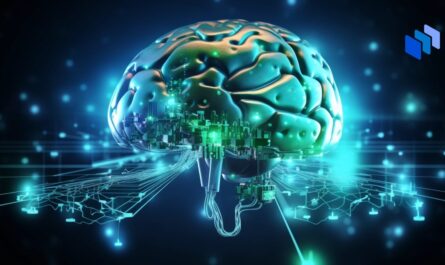Researchers at Washington University School of Medicine in St. Louis have discovered that low-dose radiation therapy, commonly used to treat cancer, may also have positive effects on heart function in patients with heart failure. In a study published in the journal Med, the researchers found that low-dose radiation therapy improved heart function by reducing inflammation in the heart muscle.
The study focused on patients with a life-threatening abnormal heart rhythm called ventricular tachycardia, who were treated with radiation therapy targeted to a specific location in the heart. The researchers were surprised to find that the low-dose radiation therapy not only treated the arrhythmia but also improved heart function in the short term. Improvement was observed in the pumping capacity of the left ventricle, which supplies blood to the entire body.
Heart failure is a complex condition that affects around 6.2 million American adults and is a leading cause of death, with more than half of patients dying within five years of diagnosis. Current therapies for heart failure are limited, highlighting the need for new treatment options. The findings of this study suggest that low-dose radiation therapy could be a potential treatment for heart failure, offering hope for improved outcomes and increased survival rates.
In addition to the human study, the researchers also conducted experiments on mice with heart failure. Similar to the findings in humans, the mice that received low-dose radiation therapy showed improved heart function, as well as increased survival rates. The researchers observed a reduction in scar tissue and inflammatory immune cells in the hearts of the mice that received radiation therapy. This reduction in inflammation is believed to contribute to the improved heart function.
While the results of this study are promising, more research is needed to fully understand the mechanism behind the benefits of low-dose radiation therapy on heart function. The researchers plan to continue their investigations by studying patients already receiving radiation therapy for ventricular tachycardia. They hope to gather further evidence of reduced inflammation in human hearts, similar to what was observed in the mice.
The potential of low-dose radiation therapy as a treatment for heart failure represents a significant breakthrough in the field of cardiology. If further studies confirm these findings, radiation therapy could become a new therapeutic option for patients with heart failure, improving their quality of life and potentially extending their lifespan. The researchers are optimistic about the future of their research and are eager to uncover more about the effects of low-dose radiation therapy on the heart.
*Note:
1. Source: Coherent Market Insights, Public sources, Desk research
2. We have leveraged AI tools to mine information and compile it




